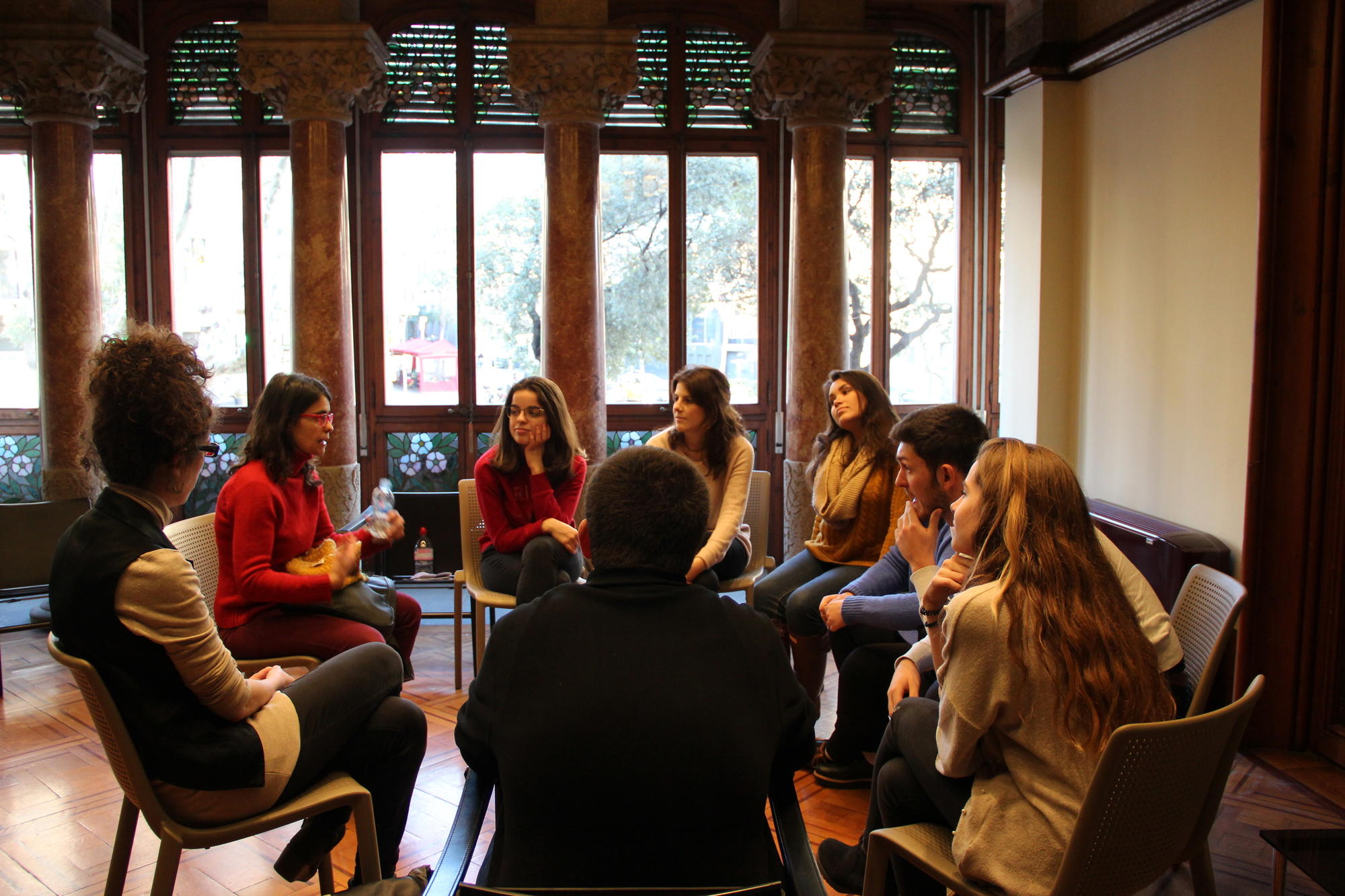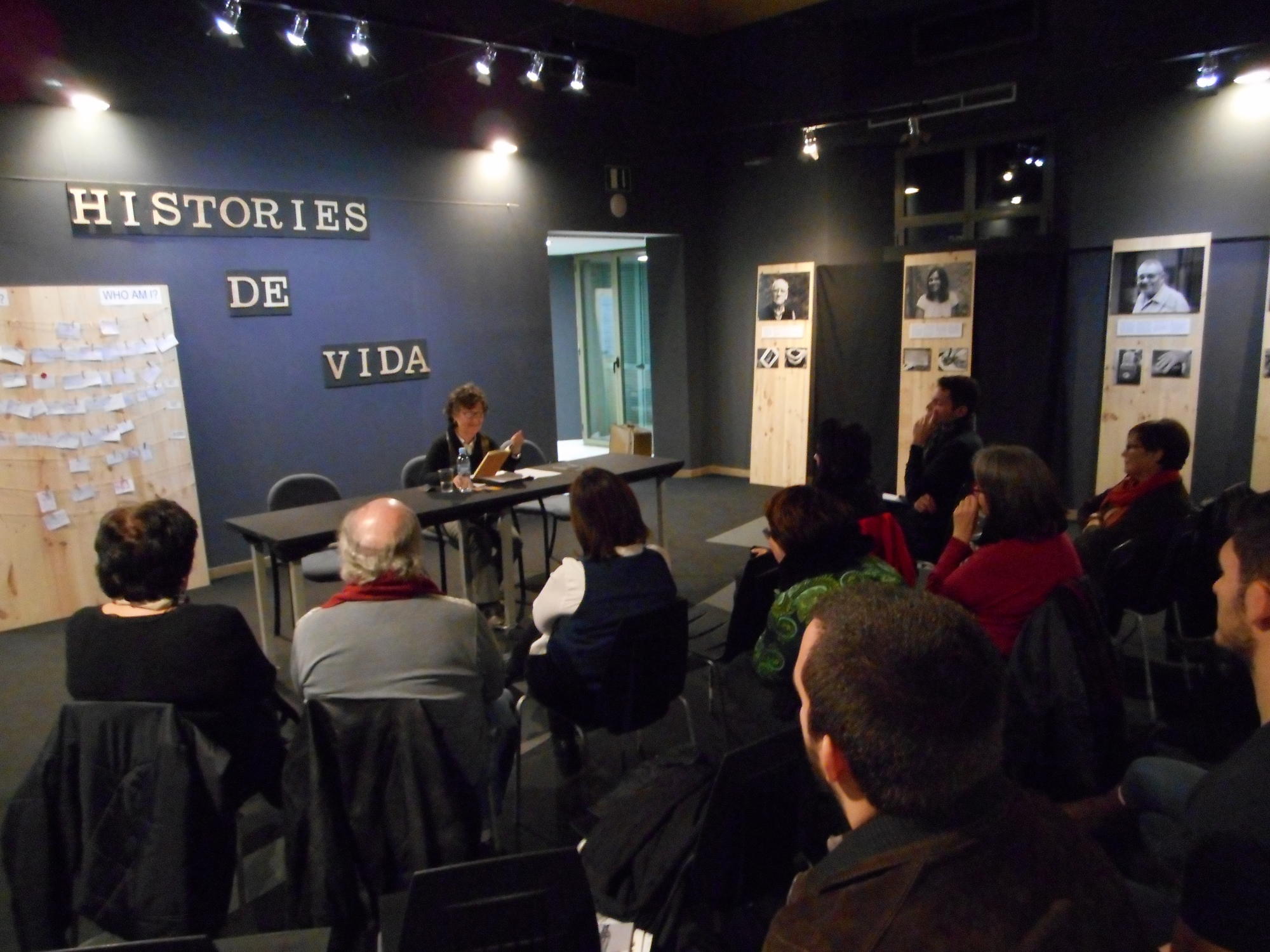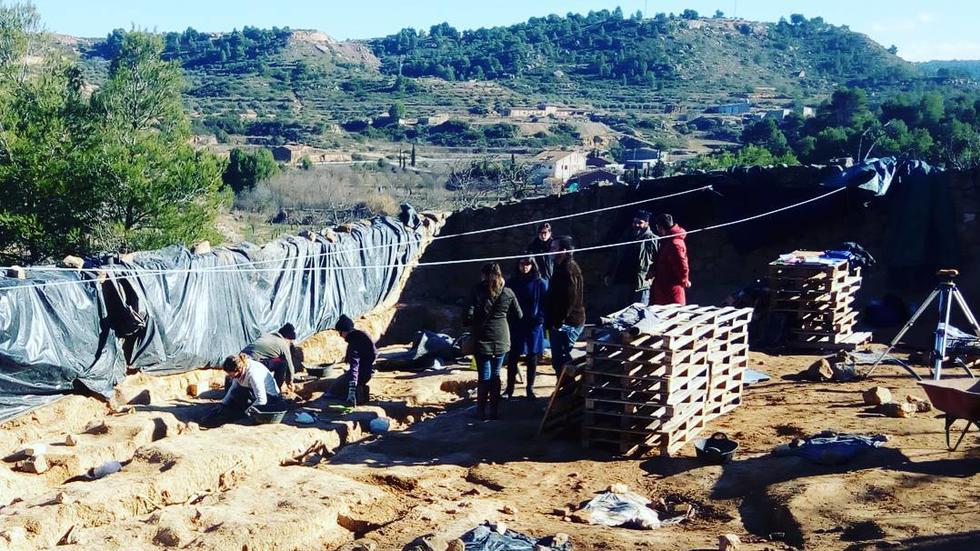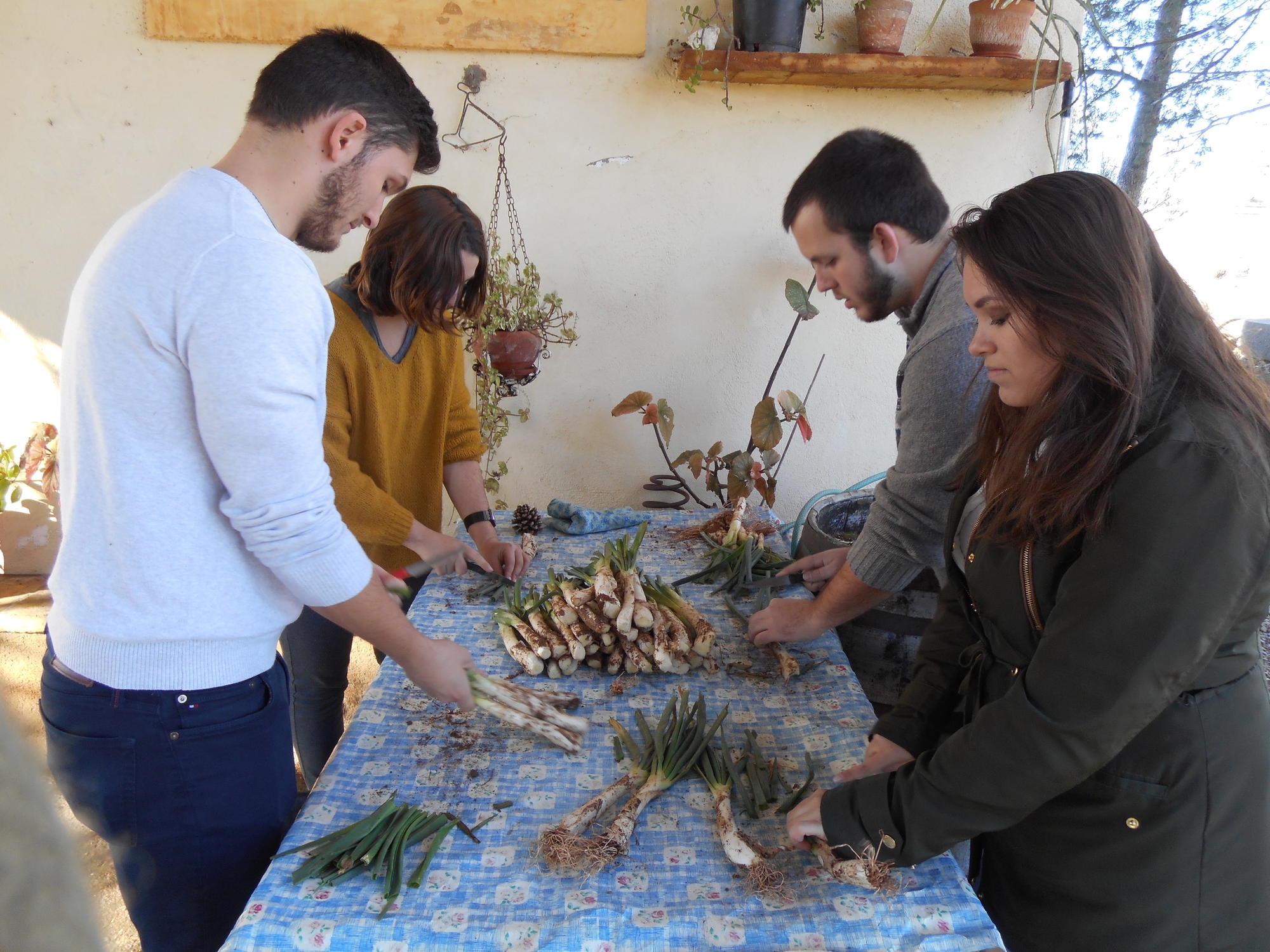Students in the Catalan studies program visited several cultural sites during a 7-day trip. The trip gave students the opportunity to experience in situ the language and culture they have been learning in the classroom. It was an unforgettable and intense experience that challenged the way we approach foreign cultures and helped us to develop a deeper understanding of the reality and the complexity of one of the most interesting Mediterranean cities. The trip was based on the selection of social/cultural topics, such as gender, immigration, and social movements, that can raise questions about the beliefs and cultural norms with which we were educated, and stimulate greater open-mindedness. Students met with professors, current students, one translator and one writer, with whom they talked about a wide variety of topics (architecture, languages, immigration, literature, soccer...) in a lively and friendly atmosphere. Activities took place in different locations. We started by exploring the historical center and the outskirts of Barcelona (Gothic Quarter, Poblenou, and Sant Adrià del Besòs). We reviewed the medieval and contemporary history of the city through the monuments which forged its modernity and through the eyes of two fictional characters who “experienced” the immigration and the civil war. We moved away from the city and observed the opening of a mass grave in the area of Lleida, where soldiers were quickly and clandestinely buried. Both experiences (which also included a visit to a bomb shelter) drove us to think about the dramatic consequences of the war for the population and its effects on the construction of a complex collective memory. We talked about language, re
ligious symbolism and culture in the visit to the Romanesque monastery of Sant Cugat. This short itinerary finished with a workshop on translation, focused on some verses of Joan Maragall’s poetry. The two final activities were dedicated to social interaction. We participated in a meeting with undergraduate students from the Universitat Pompeu Fabra, and we prepared a calçotada, a feast which starts with calçots (sweet onions) that are chargrilled and served with romesco sauce. These activities encouraged students to gain confidence in their capacities to produce knowledge by themselves in a “real” social context. They used their linguistic and communicative competences through social exchanges which resulted from their direct experience of the culture and language that they have been learning. All these practices helped to forge specific bonds that stimulate our intellectual development. At the end of the term, students were able not only to communicate and generate content based on collaborative and interdisciplinary work, but also to interpret critically cultural and social expressions and products. It was a fantastic cultural and linguistic experience. We learned a lot in a wonderful atmosphere that created positive and thoughtful discussions. For further information, you can watch
this video about the Cafè Català, the informal meeting with students from the Universitat Pompeu Fabra. Thank you Imma Boj, Rosa Cerarols, Josep M. Jaumà, Karim Joutet, Queralt Solé, and our sponsors for making this event a memorable and enjoyable one for all!
This trip was funded by the Office of Career Services and the Department of Romance Languages and Literatures at Harvard University. It was also supported by Institut Ramon Llull. For further information about the trip and the Catalan Studies program, contact:
Dr. Maria Dasca Batalla: mdascabatalla@fas.harvard.edu.
Dr. Daniel Aguirre: daguirre@fas.harvard.edu
Dr. Elvira Di Fabio: edifabio@fas.harvard.edu







